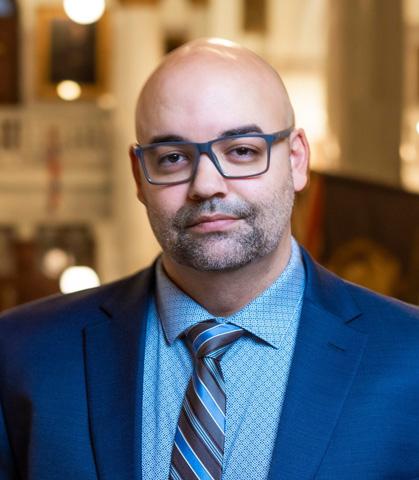Alberta’s K–6 social studies curriculum will be rewritten, and teachers will have a place at the table.
On Sept. 18, Alberta Education announced that, following two years of “valuable feedback,” it is beginning a process to redraft the K–6 social studies curriculum in “a transparent and collaborative engagement with Albertans and education partners.”
The aim of the process is to create a curriculum that “builds students’ critical thinking and communication skills, enhances Indigenous and francophone perspectives and is age and developmentally appropriate.”
The development of the new social studies curriculum has been stalled for over 18 months after an initial draft drew widespread criticism from various stakeholders. This new plan puts social studies curriculum development back on track and headed in a better direction, said Alberta Teachers’ Association president Jason Schilling.
“Teachers must play a key role in curriculum development in order for implementation to succeed,” he said. “Comprehensive, thoughtful and authentic engagement with teachers, education partners and the public are critical to the process.”
The phased approach began in the summer, when new Education Minister Demetrios Nicolaides met with various education partners to build an understanding of the new engagement approach and process for curriculum development.
The next phase will begin with an online survey to gather information from Albertans about what they would like students to learn in social studies. The survey will be available until Oct. 16.
Later this fall, Alberta Education will follow up by meeting with a variety of stakeholders, including teachers, “to inform the development of the scope and sequence of K–12 social studies curriculum and the content of draft K–6 social studies curriculum.”
In early 2024, Alberta Education will begin public engagement so that Albertans can view and provide feedback on the draft K–6 social studies curriculum. Throughout the 2024/25 school year, teachers will have an opportunity to pilot the refined draft K–6 social studies curriculum in classrooms and provide further feedback.
Schilling encourages teachers to take an active role in these engagements to ensure that teacher voices are included, as there is still a risk that these processes will be subject to a great deal of politicization.
He also said that the government’s plan provides a model for moving forward on other issues facing education, as well as curriculum development and implementation in other subjects. Math is of particular concern, as teachers have been experiencing problems implementing the new K–6 program of studies in that subject.
“The attempts to implement the new elementary math curriculum are not going well. Teachers report that students are having significant struggles,” Schilling said. “There are too many outcomes, and many are not introduced at a developmentally appropriate time. Math, in particular, needs to be given a second look.” ❚


